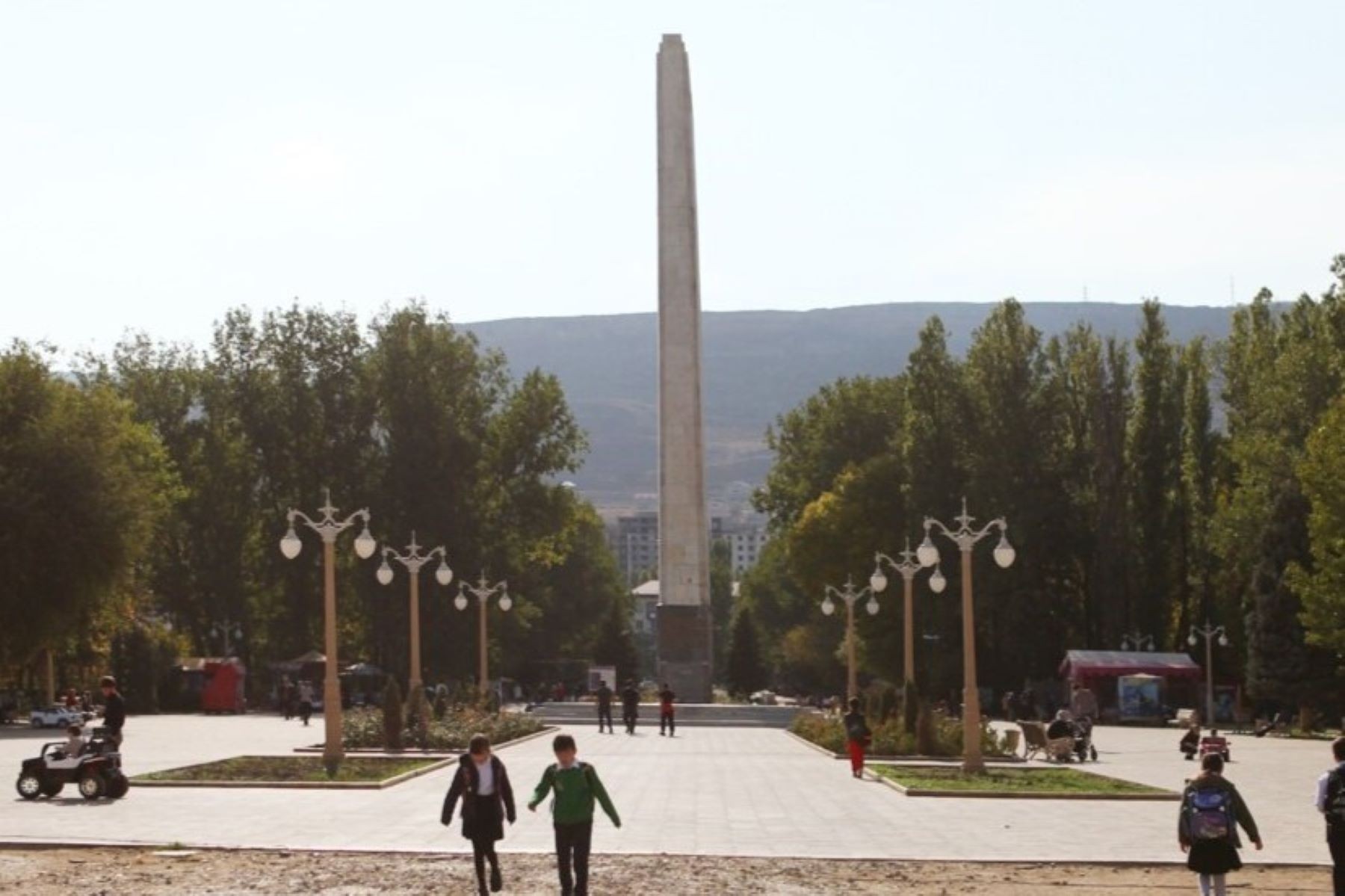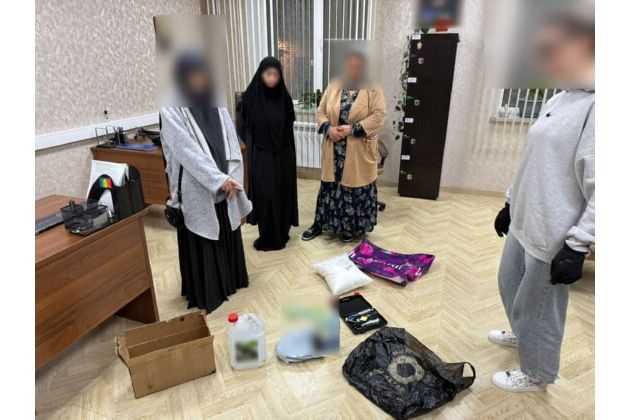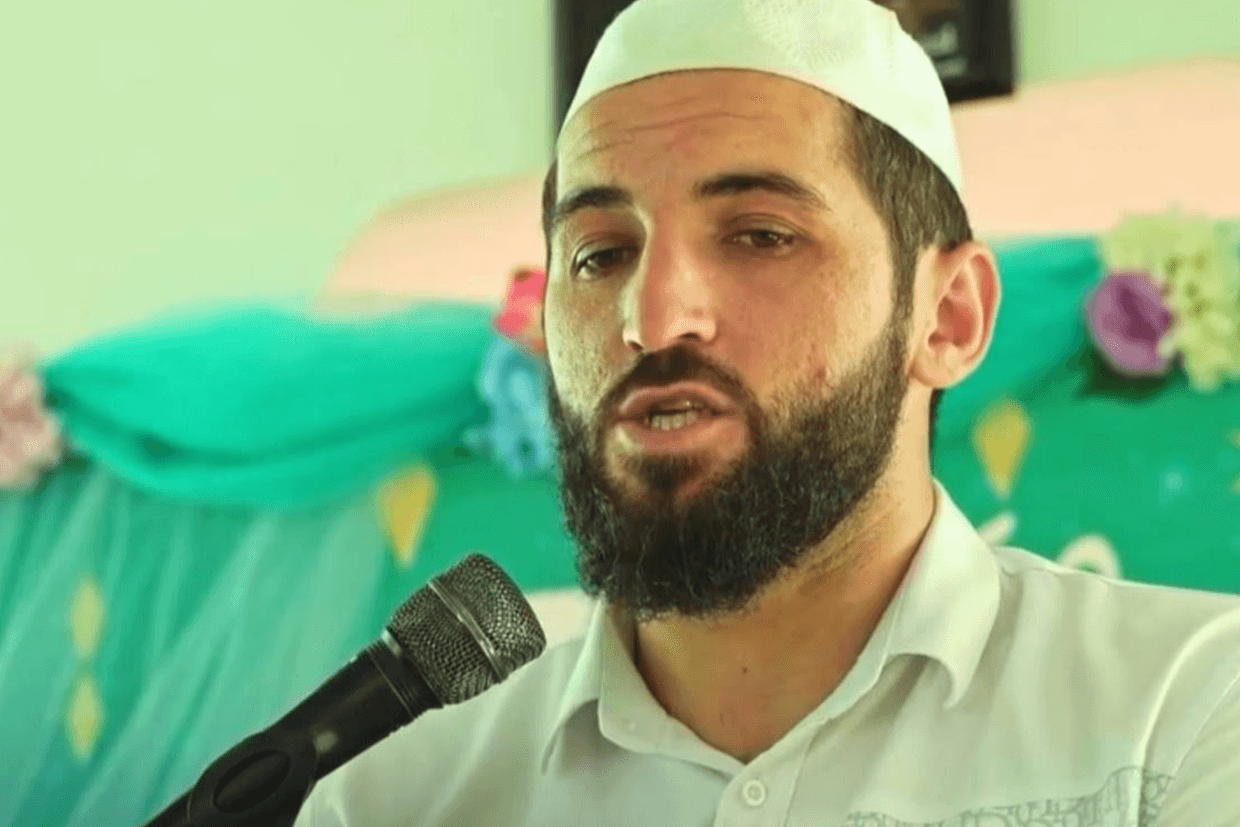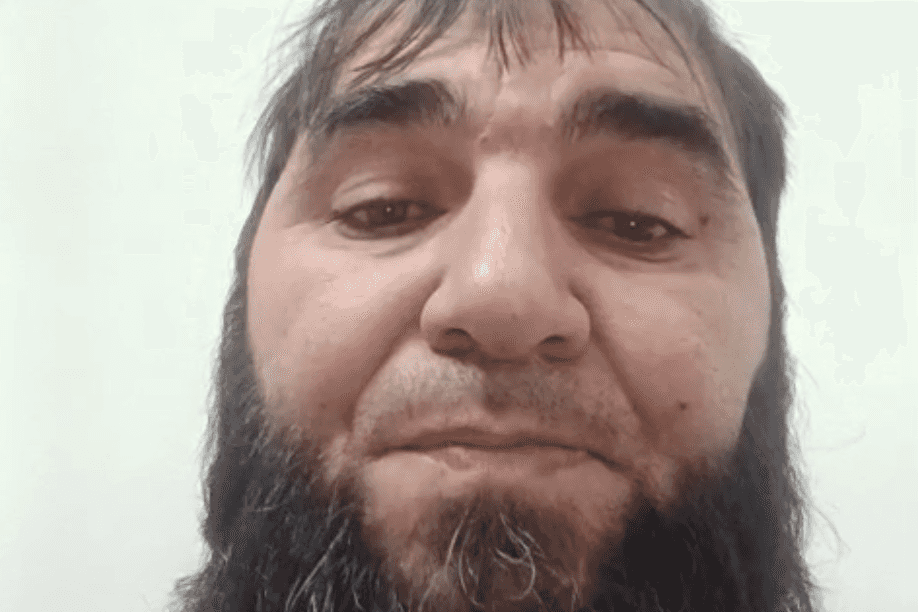
A court in Daghestan has dismissed a case against a local fashion designer who was charged under Russia’s queer propaganda law, after she organised a fashion show in which a man and a 17-year-old boy wore makeup.
Elnara Askerova, 23, organised the show on 18 October in the Daghestani capital, Makhachkala.
The show included two male models wearing shiny clothes and make-up, leading to outrage among some conservatives.
Askerova hailed the court’s decision, telling OC Media that ‘justice still exists’.
‘But in order to refute the false words and conjectures of some freak, I had to lose many people, a lot of resources, and three months of my life’, she said.
As a republic of Russia, Daghestan is subject to the 2013 law on the ‘Prohibition of Gay Propaganda to Minors’, which has significantly limited the rights and freedoms of queer people throughout Russia. In 2017, the European Court of Human Rights recognised the law as discriminatory.
Askerova described earlier in November how the show, which was attended by around 40 guests, was besieged by conservative protesters after a man filmed part of the show through a window from the outside.
She said the man, Musanabiev Magomed Rasul, threatened to ‘call 15–20 people because there is a gay parade here’ and that they would ‘take the place by storm’.
She said that Musanabiev posted the video on several Telegram channels, and that ‘20 people came in about 5 minutes, after which they blocked the front and back entrances of the building’.
‘We tried to explain to them that we didn’t hold a gay parade, but it was useless. As soon as 10 people found out what our show was about, they lost interest and left, but around 30 new ones would come because the video spread quickly,’ Askerova said.
‘Later, we managed to help these model guys leave by taxi, but [aggressive people] chased them, Musanabiev was among them, but he couldn’t catch the boys’, said Askerova. ‘Those who came last said that they came to see beautiful girls. They harassed the models’, she added.
Askerova said the two male models were later harassed online.
‘A state of laws’
Askerova discovered that an administrative case had been opened against her under the ‘queer propaganda law’ later in October.
It came after on 19 October, State Duma deputy Sultan Khamzaev wrote on his Instagram page that he had appealed to the republic’s prosecutor to ‘check the actions of the organisers of the event for LGBT propaganda’.
‘In addition to federal laws, there are also our adats [traditions]. Let such [provocateurs] say thank you that we live in a state of laws. Otherwise, they would have unscrewed their heads long ago’, he said.
About four days after the incident, Askerova also discovered that the owner of the premises she was renting had terminated their contract with her without returning her ₽70,000 ($1,150) deposit.
Daghestani women’s rights activist and journalist Svetlana Anokhina told OC Media in November after the charges became public that law enforcement agencies in Daghestan often pursued cases against victims of violence instead of protecting them.
‘[In 2018] an anime festival that was supposed to take place at the Avar Theater in Makhachkala was disrupted by people who came [and caused trouble], saying that there [was debauchery is going on]’, Anokhina recalled, adding that the organiser, Saida Tuchalova, was held at a police station for more than three hours.
[Read on OC Media: Not welcome in Daghestan — anime, K-pop, and rap]









